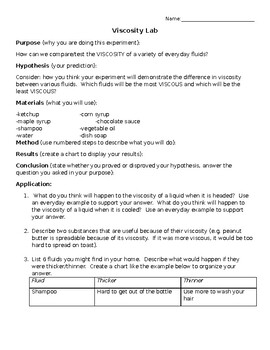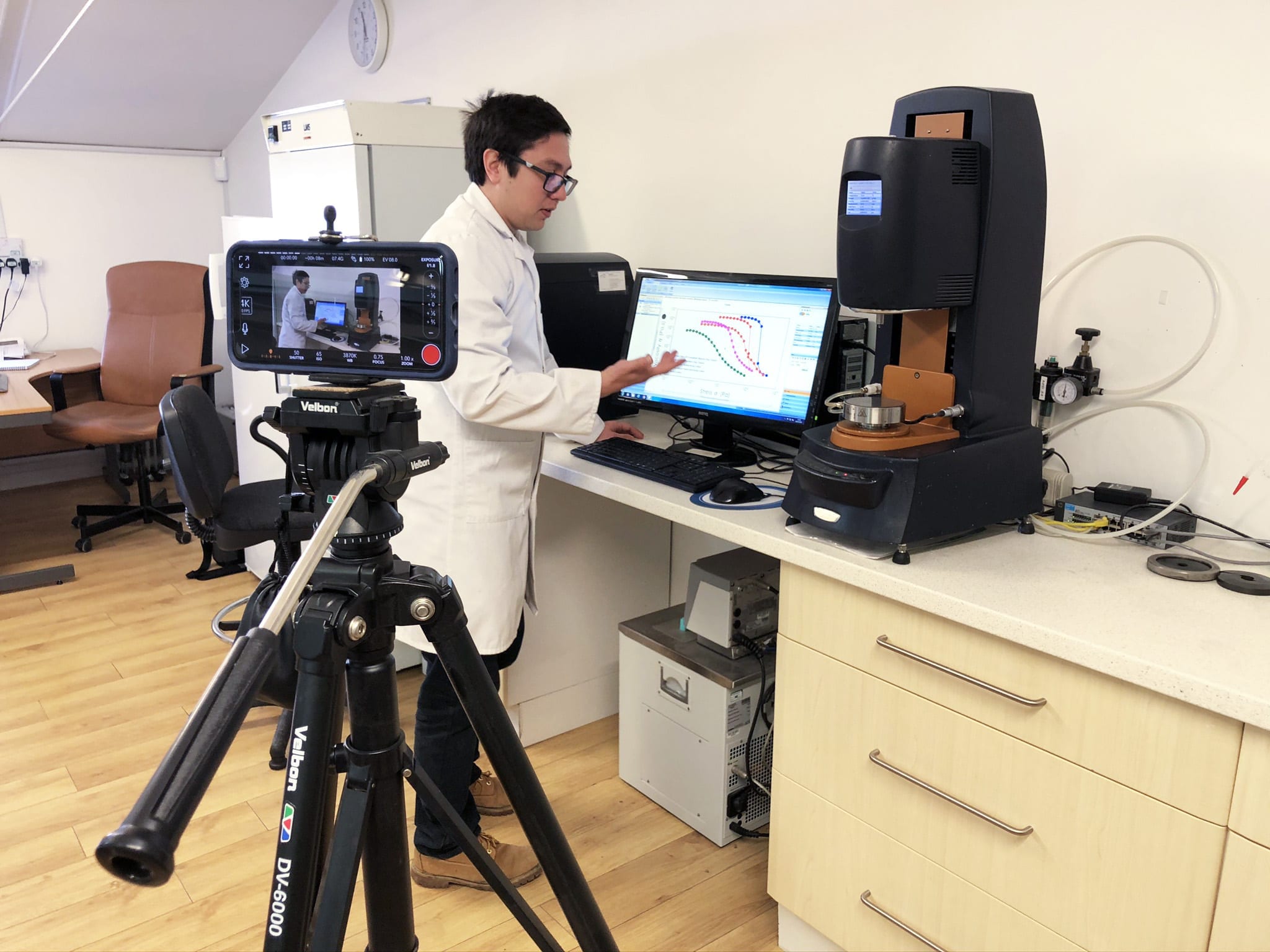
Intertek viscosity and rheology tests available vary according to the laboratory and location. Intertek laboratories also conduct rheological analysis of samples. Viscosity testing of polymers and plastics: High Temperature, High Shear Viscosity:.Saybolt Viscosity ASTM D445, ASTM D2161.

Viscosity testing of petroleum, fuels, lubricants: Intertek labs test the viscosity of oils, chemicals, solutions, polymers and other materials to ASTM and other industry standards. Intertek viscosity tests measures fluid flow properties, and are useful for product evaluation, research and quality control. The measurement results are visualized using the HAAKE RheoWin Software.Test the Viscosity of petroleum, oils, fuels, chemicals and more to ASTM Standards The above device allows us to measure in the range from 1 to 100,000,000 mPas.

To determine the viscosity, we use the THERMO HAAKE RotoVisco 1 device from the American company Thermo Fisher Scientific Inc. The above force is expressed in dynamic viscosity, the unit of which is Pauz. The measure of viscosity is the value of the force acting between two coaxial cylinders: a fixed outer cylinder and an inner cylinder rotating in relation to it, the tested mass fills the gap between the cylinders. We use a rotational viscometer for this purpose. Our laboratory is able to test the viscosity of liquid materials. These properties are determined by the use of a viscometer. Reliable inline performance: Being the leading supplier for lab rheology. Industry standards define what property PIB mass should have. Inline viscometers for inline measurement of samples with shear-dependent. This report is ideal for fleet engine owners.

It tracks fuel dilution (), base number, viscosity 100C and coolant contamination. It must maintain its unchanged properties for several dozen years. Same day oil analysis / oil testing from TestOil an oil analysis testing laboratory providing ferrography - filter analysis - tribology - lube oil test services. Discusses physiology, pathophysiology, and general clinical aspects, as they relate to a laboratory test Viscosity is the property of fluids to resist flow. It stabilizes the optical fiber in a specific location, not allowing it to move. Viscosity is determined in part by the amount of hematocrit, red blood cells, white blood cells, and proteins in the blood. It protects the fiber optic splice against climatic factors, pollution and mechanical damage. One of the components of aluminum, crimp fiber optic splice protectors is a modified polyisobutylene mass (PIB).


 0 kommentar(er)
0 kommentar(er)
